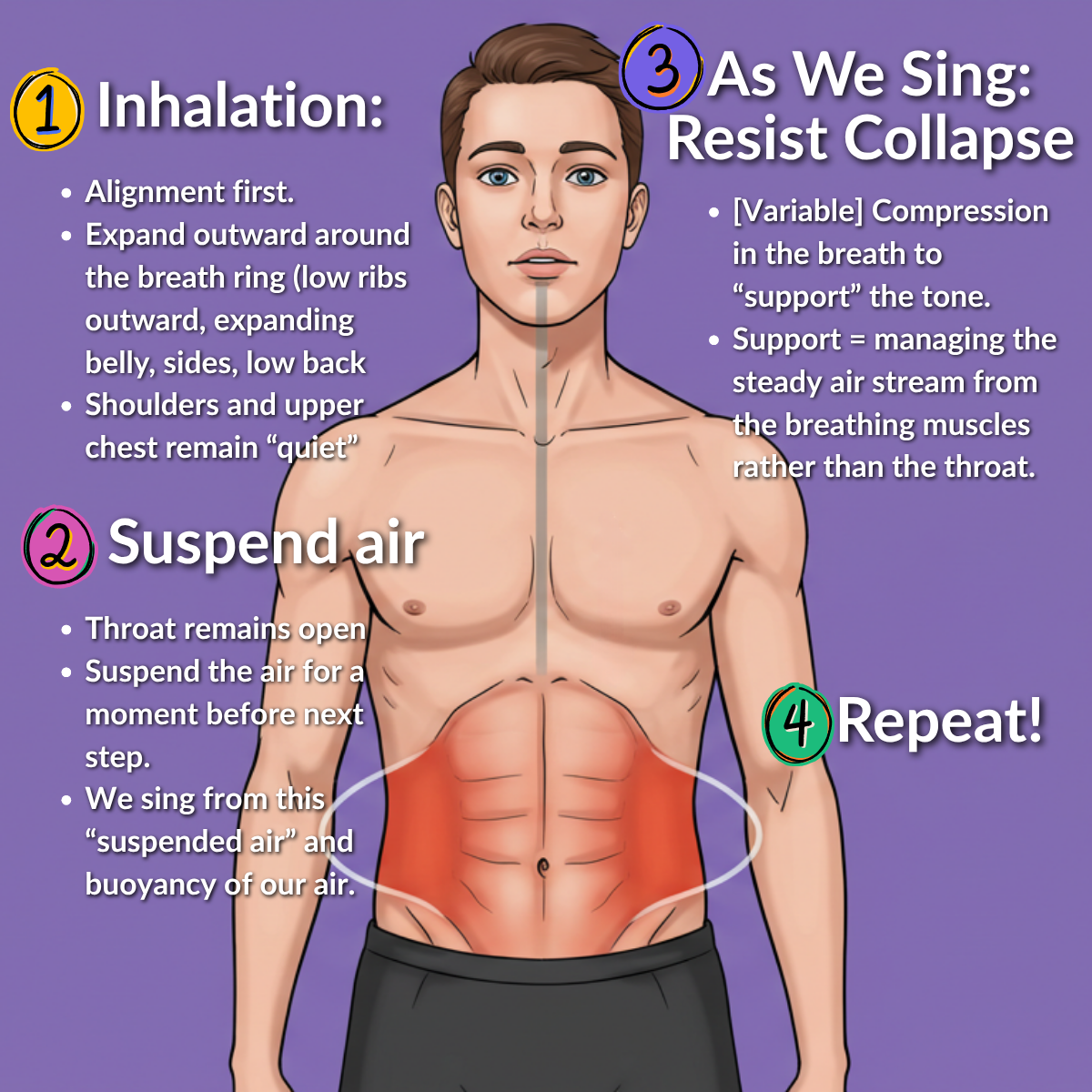Understanding Vocal Strain: Causes and Solutions for Singers
Vocal strain is a common issue faced by singers across all genres, whether in classical, pop, musical theater, or rock. It can result in discomfort, a diminished vocal range, or even long-term damage if not addressed. In this post, we’ll explore the causes of vocal strain and how to prevent it, focusing on practical solutions to keep your voice healthy.
What is Vocal Strain?
Vocal strain occurs when the voice is overused or used incorrectly, leading to fatigue and potential injury of the vocal cords. The signs of vocal strain include:
- Hoarseness or a rough-sounding voice
- Pain or discomfort in the throat
- Reduced vocal range
- Difficulty hitting high or low notes
- Loss of vocal control or breathiness
If you’re experiencing these symptoms, it’s important to take steps to prevent further damage and promote vocal recovery.
Common Causes of Vocal Strain
- Poor Posture
Your body is the instrument, and poor posture can significantly impact your vocal output. Slouching, tensing your shoulders, or thrusting your head forward disrupts airflow and reduces your ability to sing with ease. Incorrect posture also leads to tension in the neck, jaw, and back, which can cause your voice to sound forced or strained. - Excess Air Pressure
Singing with too much air pressure is a frequent culprit behind vocal strain. When you push too much air through the vocal cords, it forces them to work harder, leading to fatigue. Over time, this can cause inflammation or even vocal cord damage. Singers often feel the need to push when they’re trying to project or hit high notes, but this approach is counterproductive. - Tension in the Neck and Jaw
Tension in the neck, shoulders, and jaw is one of the most common causes of vocal strain. When the neck is tight, it can pull the larynx into an unnatural position, limiting vocal freedom. Jaw tension, especially when you thrust the jaw forward or lock it open, can also restrict the space needed for resonant, free-flowing sound. - Tongue Retraction
An often overlooked factor, tongue retraction involves pulling the tongue back while singing, which interferes with resonance and airflow. This can dull the sound and cause unnecessary strain, especially when combined with other forms of tension. - Overuse and Fatigue
Just like any muscle, your vocal cords can become fatigued with overuse. Singing for long periods without rest, especially in loud environments or with improper technique, can lead to vocal fatigue. Singers who perform frequently without adequate recovery time are especially at risk. - Dehydration and Poor Vocal Health
Hydration is essential for maintaining vocal health. When the vocal cords are dry, they are more prone to irritation and damage. Poor vocal health habits, such as smoking, caffeine, or excessive talking, can exacerbate this problem.
Solutions to Prevent and Alleviate Vocal Strain
- Maintain Good Posture
Align your body to support healthy vocal production. Stand or sit with your spine straight, shoulders relaxed, and head in a neutral position. Imagine a string pulling you upward from the crown of your head, and let your breath flow freely. This opens up your chest and allows for deep, efficient breathing. - Develop Efficient Breath Support
Efficient breath support is key to avoiding vocal strain. Practice diaphragmatic breathing, which involves engaging your lower lungs by allowing your belly to expand as you inhale. This provides a steady and controlled air stream, reducing the need to push excess air through the vocal cords. - Release Tension in the Neck and Jaw
Regularly check for and release tension in the neck and jaw. Gentle neck stretches and jaw relaxation exercises can help. When singing, let the jaw drop naturally rather than forcing it open. Aim for a relaxed and free movement in the face and throat, allowing sound to resonate more easily. - Keep the Tongue Relaxed
Work on keeping the tongue relaxed and forward, particularly when singing vowels. A neutral or slightly forward tongue position enhances resonance and reduces strain. You can practice tongue exercises, such as moving the tip of the tongue along your lower teeth while singing, to prevent retraction. - Pace Yourself and Rest
Avoid overusing your voice by scheduling breaks during practice and performances. Rest is crucial to vocal recovery. If you feel hoarseness or fatigue, allow your voice time to heal before pushing yourself further. Hydrate regularly, and consider using steam inhalation to soothe and hydrate your vocal cords. - Stay Hydrated
Drink plenty of water throughout the day to keep your vocal cords lubricated. Avoid dehydrating substances like caffeine and alcohol, especially before singing. Vocal cords that are well-hydrated are more flexible and less prone to strain. - Vocal Warm-Ups and Cool-Downs
Warming up your voice before singing is essential to prevent strain. Gentle exercises like lip trills, humming, and sirens can help to ease your voice into performance mode. After singing, cool down with soft humming or gentle, low-pitched sounds to relax your vocal muscles. - Seek Professional Guidance
If vocal strain persists, seek help from a vocal coach or speech-language pathologist. They can assess your technique, identify areas of tension, and provide exercises to address your specific needs. Proper vocal training can help you develop healthy habits and extend your vocal career.
Conclusion
Vocal strain is preventable with the right techniques and self-care habits. By maintaining good posture, using proper breath support, and managing tension, you can protect your voice from unnecessary stress. Hydration, rest, and vocal exercises are essential in maintaining vocal health and longevity. If you’re experiencing persistent strain, don’t hesitate to seek professional guidance to ensure you’re using your voice efficiently and healthily.
Your voice is your most valuable instrument—take care of it, and it will take care of you!





Leave a Reply